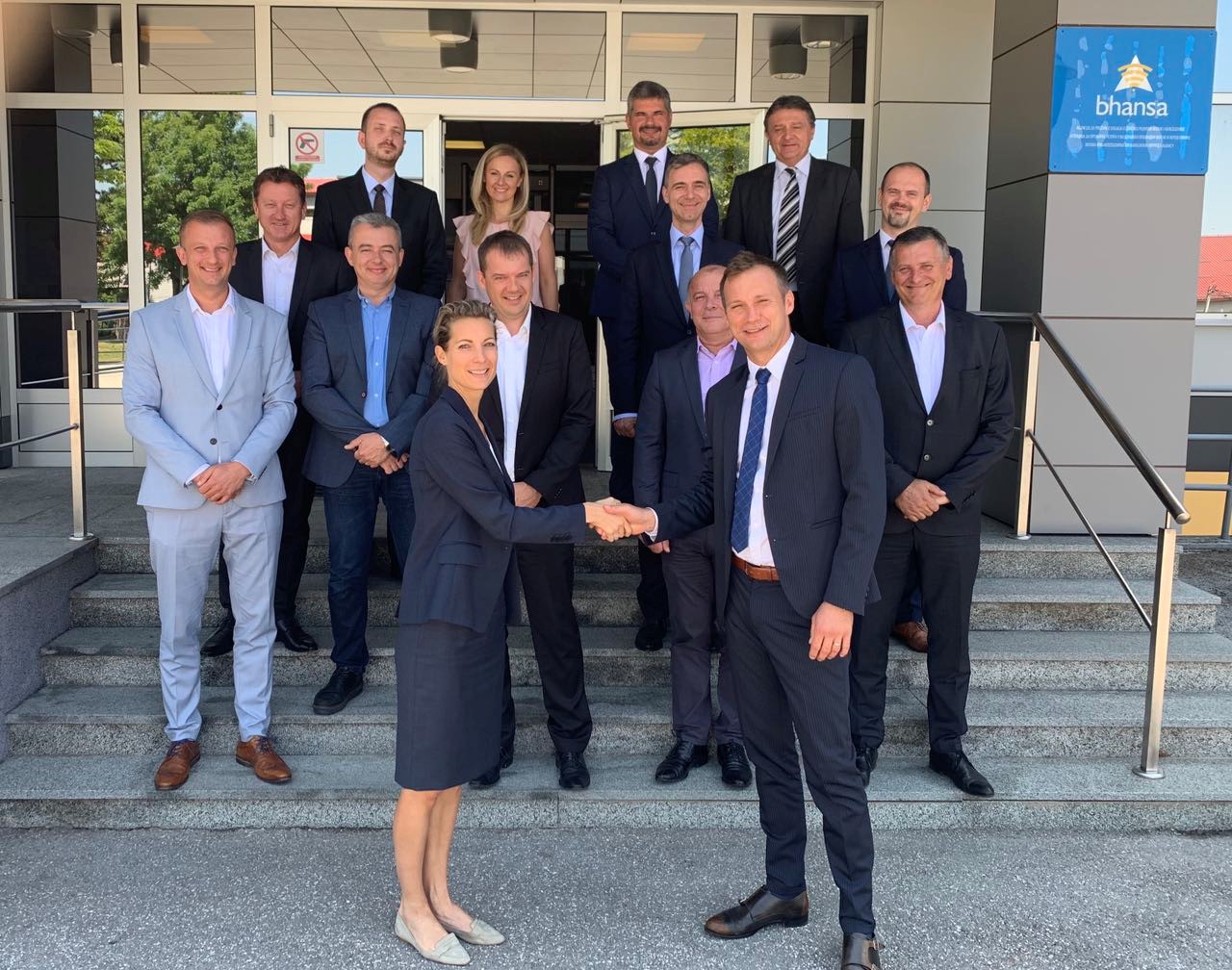The FAB CE CEO committee meeting held on 16 October 2018 expressed its strong dissatisfaction with the current status and uncertainties of the Performance/Charging Regulation process and in particular the Performance Reporting Board (PRB) proposal for reporting period three (RP3) targets as being completely unrealistic given the current delay situation.
In a statement following the meeting, the CEOs said:
“The unanimous opinion of the FABCE CEOs is that the FAB CE States should address the Single Sky Committee with this dissatisfaction. An approval of the legislation without the needed time for consultation nor consideration of all positions expressed by all parties will most likely result in a very bad result both for the legislation initiators and also for the air navigation service providers (ANSPs). The targets defined by European Commission should be realistic and supportive to the network performance.”
At the end of the year the FAB CE delay at flight information region (FIR) level is estimated to be around 0.81 minutes per flight, compared to a target of 0.28 minutes per flight. Accordingly, penalties stemming from the Capacity Incentive Scheme will likely apply and all FAB CE Member States, except for Slovenia, will likely face a maximum penalty of 0.5% of their revenue this year.
However, FAB CE’s delay performance was impacted by major external factors beyond the control of FAB CE air navigation service providers (ANSPs). The RP2 capacity target level for FAB CE was set before the Ukrainian crisis which had significant effect on traffic flows within the region. In addition, annual traffic growth since 2017 in a number of FAB CE States reached double-digit rates in 2018, with some growth rates double the highest traffic growth scenario rates forecasted by Eurocontrol’s Statistics and Forecast (STATFOR) service. STATFOR forecasts are used as the basis for performance measurements. FABEC capacity constraints also had a major impact on the FAB CE area as a result of Network Management measures. Mandatory re-routing and level capping reduced delays at the Karlsruhe upper airspace control centre but increased delays at Vienna and Prague upper airspace centres, worsening delay performance at the FAB CE level.
Finally, the summer months of 2018 have seen some extreme and unpredicted weather events which have resulted in a larger-then-normal number of weather induced delays.

